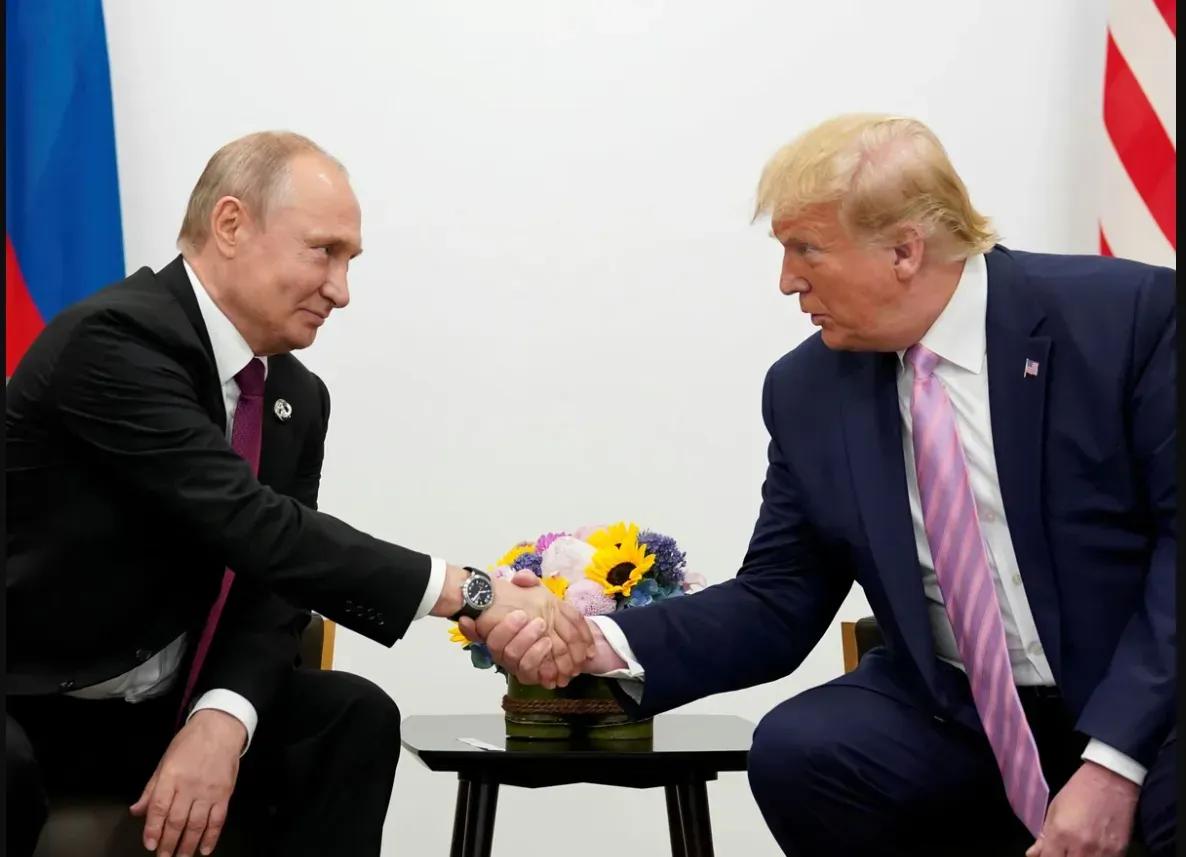Vladimir Putin & Donald Trump
Kissinger's Move in China
It was 1971 when Henry Kissinger, National Security Advisor in the White House under Richard Nixon’s administration, sneaked out of a dinner with the President of Pakistan to embark on a secret diplomacy mission in China. This mission, later known as ‘Operation Marco Polo,’ took Kissinger to Beijing with logistical support from Pakistani authorities and the ultimate goal of organizing a diplomatic summit between Nixon and Mao Tse-Tung. After 17 hours of negotiations with Chinese Prime Minister Zhou Enlai, Kissinger reported to Washington the success of his mission, paving the way for the historic 1972 meeting.
From an ideological perspective, these events might seem unusual if taken out of context. At the time, Kissinger’s main objective was to bridge positions with China, while the United States was deeply involved in an arms race with the Soviet Union. The summit with Nixon would only take place under the condition that the United States accepted China’s stance on Taiwan as an inalienable part of its territory, a stance known as the ‘One China’ policy. ‘So it shall be,’ Kissinger repeatedly asserted during the secret negotiations.
Setting aside ideology and prioritizing strategic interests, Kissinger promoted this meeting with the intention of creating a split among countries within the socialist sphere. The pragmatism of both leaders was evident during the summit, where Mao praised Nixon, saying: ‘I like right-wingers. They say what they think. Unlike left-wingers, who say one thing and think another.’ This meeting between Nixon and Mao was not only fundamental for the détente between the United States and China but also marked the beginning of what would eventually become modern China, an entity that today evokes both admiration and concern in the West.
Russia, China, and the West.
This year, the United States faces an existential election pitting Kamala Harris against Donald Trump. The former, the current administration's vice president, blindly supports Ukraine in its war conflict with Russia and aims to continue pushing Russia out of the West and denouncing its extortionary practices in energy towards the rest of Europe. Kamala Harris’s election as president of the United States wouldensure continuity of the sanctions placed on the country following its invasion of Ukraine, as well as the sending of economic and military resources to the country. On the other hand, Harris would guarantee protection to Europe against the expansionist advances from the east, as well as maintain sanctions against Russia for its persecution of sexual dissidents and ongoing human rights violations.
Trump, on the other hand, has a much friendlier stance towards Russia. From the very beginning, Trump has been very condescending towards his Russian counterpart, Vladimir Putin, while at the same time exalting his own image by claiming that Russiawould never have dared to invade Ukraine if he were still in the White House. Time and again, Trump has sought to moderate the narrative existing in the United States about Putin; during interviews, when the interviewer referred to Putin as a 'killer,' Trump responded: 'There are many killers here. Do you think our country is so innocent?'
Within the Republican camp, far-right militant journalists like Tucker Carlson echo a view of Russia as part of the West rooted in common values such as Judeo-Christian religion, as part of the ties that make Russia a natural ally of the West. Carlson, who interviewed Putin in February 2024, even backed Vladimir Putin in his local administration. Following the interview, Carlson referred to cities like Moscow and St. Petersburg as clean cities, free of crime and with exceptional public transport. The journalist closed his segment by asking: 'Why can't we do this in the United States?'
The enemy of my enemy
Just like Nixon in the 1970s, Donald Trump seems eager to replicate the strategy implemented by Kissinger to confront the Soviet Union during the Cold War. Kissinger believed that both China and the United States could view each other as counterweights against the Soviet Union. However, the Berlin Wall fell in 1989, and communism failed as a political, economic, and social model.
The post-Cold War world has become a much more multipolar and unstable environment, especially after the pandemic. In this new context, China emerges as a rising power, representing a threat to the United States. Before the pandemic, Donald Trump had already advanced in an intense trade war against the Asian giant.
All indications are that a potential victory for the Republican party could lead to the end of the conflict in eastern Ukraine that began in 2022. Several Western media outlets, such as DW, or El País have subtly circulated maps showing areas controlled by Russians in eastern Ukraine, which could become part of the Russian Federation if Trump “resolves the conflict in 5 minutes,” as promised, and seeks to act in tandem with Russia against China.
This scenario would be an extraordinary outcome for Vladimir Putin if such assumptions were to be put into practice. Since the beginning of the conflict in Ukraine and due to Western sanctions, the Russian economy has become increasingly dependent on the Asian giant, allowing Putin to expand his territory while simultaneously distancing himself economically from Beijing. It would, in any case, be a masterstroke from the former KGB.
During World War II, U.S. media popularized a pseudonym for the bloodthirsty dictator Joseph Stalin, transforming him from an atheist and anti-capitalist into the affable “Uncle” Joe. It remains to be seen what happens in November of this year in the race for the presidency of the United States to determine if Vladimir Putin, the homophobic autocrat, becomes “Uncle” Vladimir.

Comments